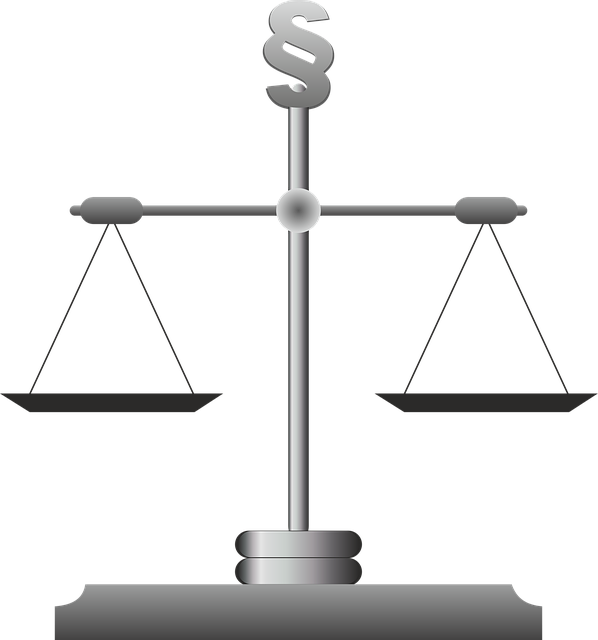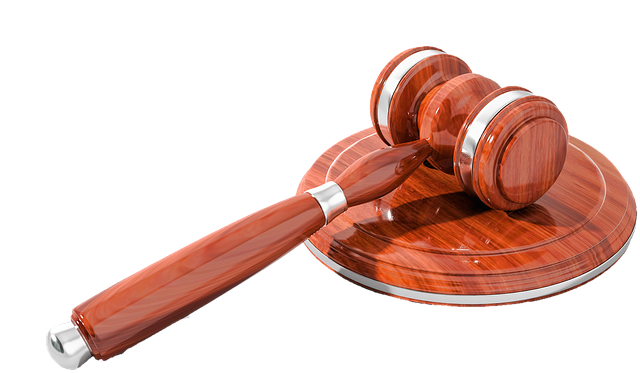Corporate crime investigations require strict adherence to Due Process in Criminal Law Cases for fairness and justice. Expert defense lawyers navigate complex defenses, protecting clients' interests while upholding legal system integrity through strategic knowledge of criminal law and business practices. This meticulous approach ensures impartiality in cases involving intricate financial transactions, protecting innocence and serving justice. Challenges include international collaborations, complex structures, and dynamic legal frameworks, requiring thorough documentation and constant legal updates for effective investigation.
Corporate Crime Investigations delve into complex cases where businesses and their employees breach legal and ethical boundaries. Understanding these investigations involves grasping the intricate interplay between corporate entities and criminal law, with a key component being Due Process in Criminal Law Cases. This article explores this dynamic, delving into challenges and strategies while examining the fundamental principles that guide such probes, offering valuable insights for professionals navigating these delicate matters.
- Understanding Corporate Crime Investigations
- The Role of Due Process in Criminal Law Cases
- Challenges and Strategies in Navigating Corporate Crime Cases
Understanding Corporate Crime Investigations

Corporate crime investigations are complex legal processes that delve into the activities of organizations suspected of criminal conduct. These inquiries often involve financial misdeeds, fraud, and breach of regulatory norms, making them high-stakes cases. Understanding the nuances of due process in criminal law cases is paramount, as it ensures fairness and adherence to legal principles throughout the investigation and any subsequent trials. The goal is to avoid indictment without evidence while ensuring that organizations are held accountable for their actions.
Expertise in navigating these investigations is crucial. Lawyers specializing in corporate crime defense possess the skills to build winning challenging defense verdicts, protecting their clients’ interests while upholding the integrity of the legal system. Given the intricate nature of corporate structures and potential consequences, a strategic approach that leverages knowledge of both criminal law and business practices is essential for achieving favorable outcomes in these high-profile cases.
The Role of Due Process in Criminal Law Cases

In corporate crime investigations, due process serves as a cornerstone of fairness and justice. It ensures that individuals accused of white-collar crimes receive a thorough and impartial review of their case. This involves adherence to established legal procedures, including the right to be informed of charges, access to counsel for his clients, and the ability to confront witnesses against them. These principles are vital in high-stakes cases where complex financial transactions and intricate corporate structures can obscure the truth.
The concept of due process is especially crucial when dealing with white-collar defense, as it protects the innocence of those wrongfully accused. It enables a comprehensive examination of evidence, facilitates the presentation of a robust defense strategy, and ultimately ensures that justice is served without bias or undue influence. This meticulous approach is indispensable in navigating the legal complexities of corporate crime investigations.
Challenges and Strategies in Navigating Corporate Crime Cases

Navigating corporate crime cases presents unique challenges, especially given their complexity and high-stakes nature. These investigations often span multiple jurisdictions, involving intricate financial transactions and international collaborations. The key challenge lies in ensuring a thorough and impartial approach while adhering to strict legal guidelines, particularly regarding due process in criminal law cases. Balancing the need for comprehensive investigation with respect for individual rights is paramount.
Strategizing effectively demands a meticulous approach. Investigators must carefully plan and execute searches, seizures, and interviews, collecting and preserving digital evidence meticulously. A robust strategy includes documenting every step to demonstrate transparency and avoid potential indictment. Furthermore, keeping up with evolving legal frameworks is crucial, as corporate crime cases often push the boundaries of what constitutes criminal activity, necessitating a dynamic investigative approach throughout all stages of the process.
Corporate crime investigations demand a delicate balance between upholding due process in criminal law cases and addressing complex corporate structures. As seen, challenges like data privacy, international jurisdiction, and sophisticated cover-ups necessitate innovative strategies. By integrating robust legal frameworks with advanced investigative techniques, authorities can effectively navigate these cases, ensuring justice is served while protecting individual rights. Understanding the nuances of both due process and corporate dynamics is key to achieving successful outcomes in these intricate matters.






